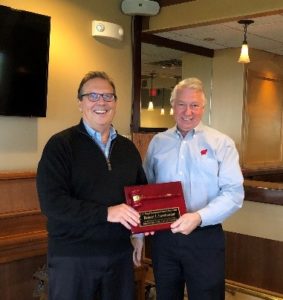In Stelpflug v. Rural Mutual Insurance Co. (2018AP34), the Court of Appeals District IV held that, when a barn burned down due to damages from a tornado a year earlier, the “inception of the loss” was the date of the barn fire, not the date of the tornado.
A tornado damaged the Stelpflugs’ barn in 2015. Rural Mutual covered damages from the tornado. Almost a year later, a fire started in the barn because the barn’s wiring had been pulled free by the tornado. When Rural Mutual stopped making payments to the Stelpflugs for the fire damages, the Stelpflugs filed the instant lawsuit. Rural Mutual argued the claim was barred by the statute of limitations in Wis. Stat. § 631.83(1)(a) because the “inception of the loss” was the tornado that led to the exposed wiring.
The court agreed with the Stelpflugs that the “inception of the loss” was the fire because the losses from the fire were separate and distinct from the losses from the tornado. The court cited several previous cases stating that the “inception of the loss” is not the causation of the loss, but the date on which the loss occurred. In this case, the loss occurred on the date of the fire, so the Stelpflugs did file a timely claim.

